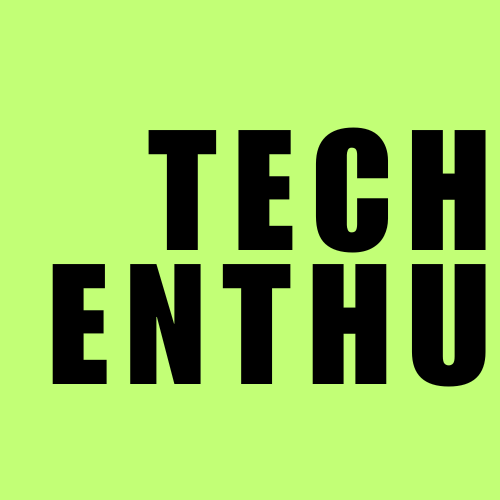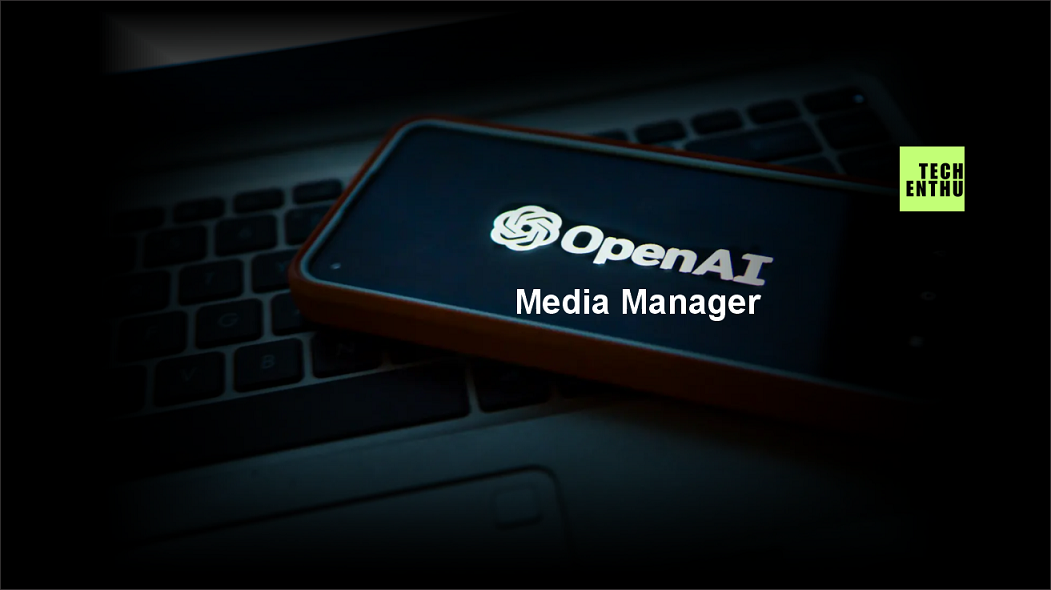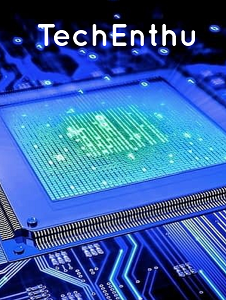Even as OpenAI is continuing to introduce newer AI models and ship updates to existing ones, the company has yet to provide a dedicated tool for content creators to exclude their works from its AI training datasets.
In May last year, OpenAI said that it was developing a first-of-its-kind tool called Media Manager that would enable creators and content owners to “tell [OpenAI] what they own.”
However, the ChatGPT-maker has missed its self-imposed deadline of rolling out the opt-out mechanism by 2025, according to a recent report. “I don’t think it [Media Manager] was a priority. To be honest, I don’t remember anyone working on it,” an unnamed ex-OpenAI employee was quoted as saying by the news outlet.
Media Manager was announced as an in-development tool that would leverage “cutting-edge machine learning research” to “help us identify copyrighted text, images, audio, and video across multiple sources and reflect creator preferences,” according to a blog post by OpenAI in May 2024.
“We’re collaborating with creators, content owners, and regulators as we develop Media Manager. Our goal is to have the tool in place by 2025, and we hope it will set a standard across the AI industry,” it further said.
The Microsoft-backed AI startup has been sued by actors such as Sarah Silverman, artists, authors like George RR Martin, computer scientists, and news organisations such as The New York Times and ANI, among others.
Nearly all of the copyright infringement lawsuits have accused OpenAI of illegally training its AI models on their works.
Now the so-called “godfather of artificial intelligence,” Nobel Prize-winning physicist Geoffrey Hinton, has thrown his weight behind Musk’s lawsuit.
In a recent statement Hinton noted the AI brand was “founded as an explicitly safety-focused non-profit and made a variety of safety related promises in its charter,” and “received numerous tax and other benefits from its non-profit status,” the New York Post reported.
“Allowing it to tear all of that up when it becomes inconvenient sends a very bad message to other actors in the ecosystem,” Hinton warned.
Hinton’s statement was published by human-centric AI advocacy group Encode, which has now filed an amicus brief in support of Musk’s lawsuit against OpenAI’s for-profit shift.
On the other hand, the company valued at $157 billion has also inked several content licensing deals with major news publishers such as Associated Press, Reuters, and Condé Nast, to name a few.
Currently, creators can prevent their works from being used to train OpenAI’s models through a submission form.
The content that is flagged through the form will be removed from future training datasets, as per OpenAI.
The company has also said that its web-crawling bots will respect the decades-old web standard called robot.txt that is meant to prevent indiscriminate data scraping.



